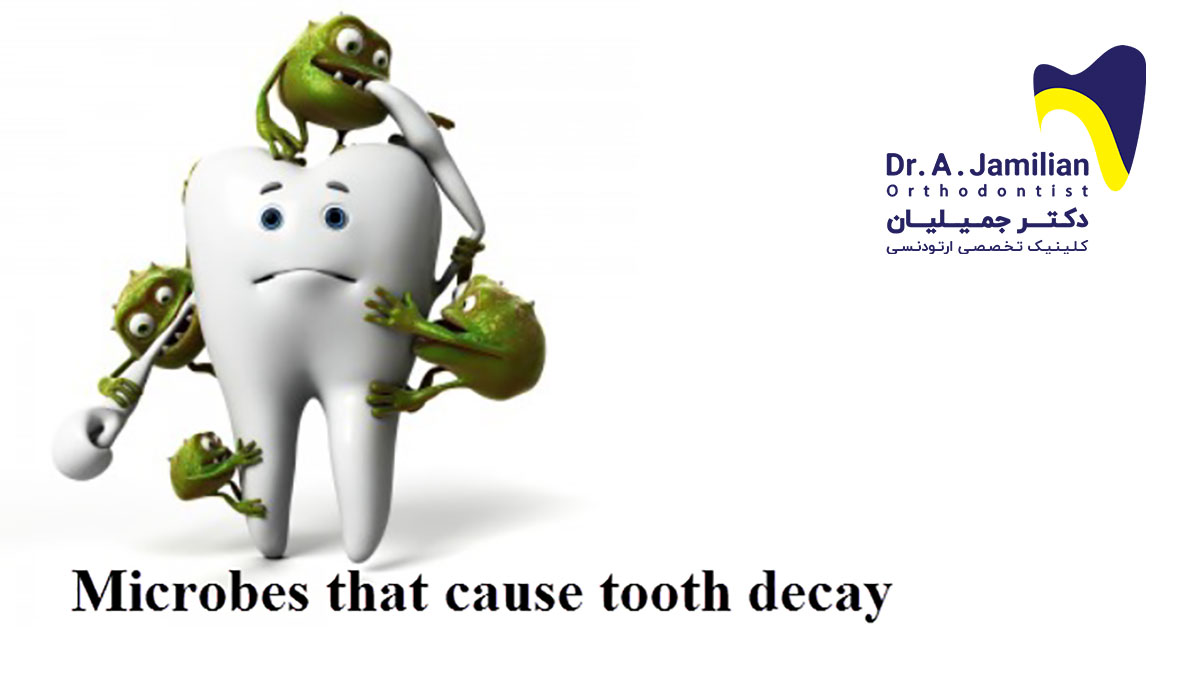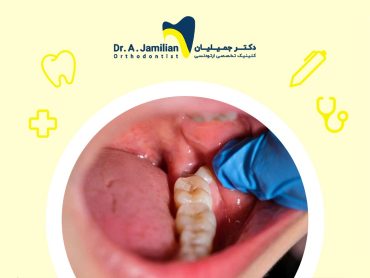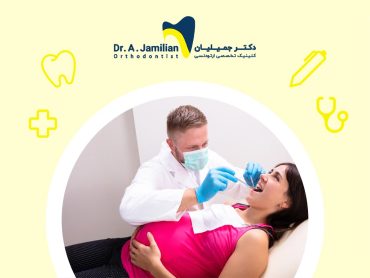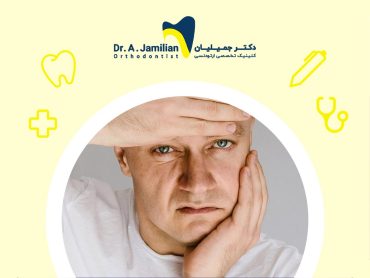Our mouth naturally contains different kinds of microbes. When we do not clean our teeth and oral cavity for a while, the microbes form a layer on the tooth called dental plaque. Dental plaque is a biofilm of microorganisms (mostly bacteria, but also fungi) that grow on and sticks to surfaces within the mouth in a way that cannot be not easily washed off with water. Different types of microbes may be added to this biofilm and increase its destructive effects. Tooth decay occurs when the particles of carbohydrate-containing foods get stuck between the teeth in a way that they cannot be completely removed by tooth brushing or flossing. Sweet and sticky foods and beverages are the main causes of tooth decay; the more sweet foods and beverages you consume, the more acids will be made by the anaerobic oral bacteria causing tooth decay.
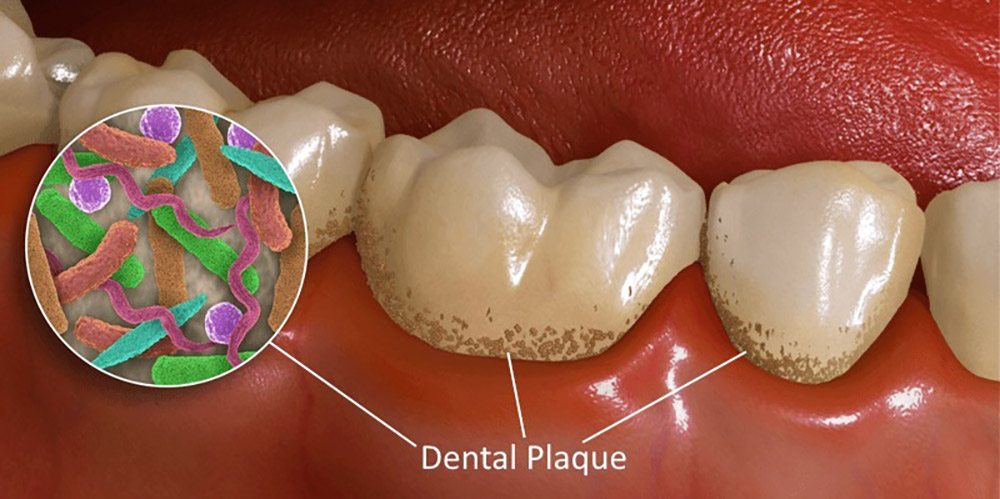
How does microbial plaque cause tooth decay?
A dark and humid environment with plenty of sugars is favorable for the growth of bacteria and microbes. That is why your oral cavity is usually a suitable substrate for microbes proliferation and growth. When a large number of microbes accumulate on surfaces inside your mouth, a sticky later of bacterial plaques covers the surface of your teeth and cause dental problems. These microbial plaques maintain acids in contact with dental surfaces and allow them the opportunity to break down the enamel. Since most of these acids are produced after eating something, your teeth are ready for the accumulation of microbial plaques within 20 minutes after each meal or snack. The same microbial acids that destroy tooth enamel can initiate infections in the gums and the bone around the tooth. Microbial plaques cause tooth decay and periodontal disease in several ways, all of which are preventable. The enamel cannot resist the oral microbial acids that cause tooth decay. To strengthen and protect tooth enamel, use fluoride toothpaste or other sources of fluoride mouthwashes, fluoride supplements, and fluoridated water.
Is it possible to prevent microbial tooth decay?
Take to following measure to prevent microbial tooth decay:
- Use fluoride mouthwashes
- Brush your teeth with fluoride toothpaste and floss them twice a day. Pay special attention to dental plaques that collect around the gums. Change your toothbrush every so often, because worn toothbrush bristles cannot completely clean the teeth
- Cut down on sugary and starchy foods and beverages or snacks, consume more of nutrients, and follows a balanced diet.
- Do not smoke
- Visit a dentist for periodic dental checkups.
It is noteworthy that microbial plaques are different from the visible soft white deposits on the teeth, which can be easily washed off with water. By contrast, microbial plaques are colorless and invisible unless they are stained with special dyes. Dental plaques can also be seen using disclosing agents. The only way to remove microbial plaques of the teeth is to brush your teeth very carefully and patiently.
